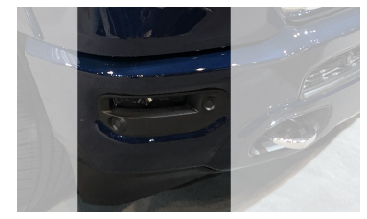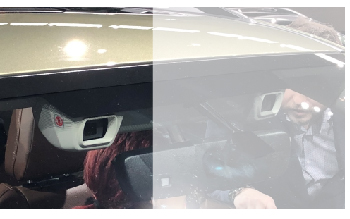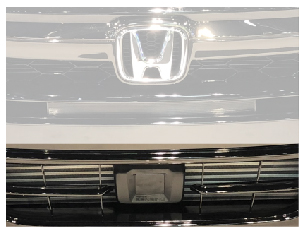Our team canvased the Chicago and Detroit Auto Shows this year looking for the most interesting design and technology advancements. Scouting these shows each year helps inform and inspire our work in the wider transportation and connectivity space.
If you’d like to connect with our team, please contact us.
2019 AUTO SHOWS
the new & notable
GAS IS OUT
electric is in
Volkswagen recently announced that the next generation of their internal combustion engine will be their last. Ford is known to be investing $11 billion to bring 40 electrified models to market by 2022. Norway has said it will phase out conventional cars by 2025, France by 2040 and the United Kingdom by 2050.
However, the internal combustion engine will not disappear overnight. They will likely increasingly be combined with electrified powertrains for hybrids and plug-in hybrids and even integrating an electric motor directly onto internal combustion engines.
What’s for certain is we’re watching closely how this develops and the technologies developing around this movement.
HYUNDAI NEXO
a closer look
https://www.hyundaiusa.com/nexo/index.aspx
Hyndai’s Nexo is the world's first dedicated hydrogen-powered SUV, boasting an EPA-estimated range of 380 miles, the highest of any fuel-cell or electric vehicle on the market. The vehicle also serves as Hyundai’s technology flagship, featuring next-generation connectivity, safety and design.
UNDER THE HOOD
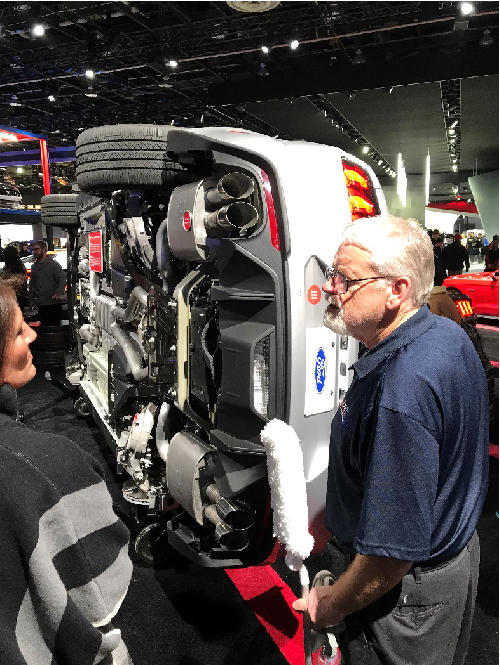
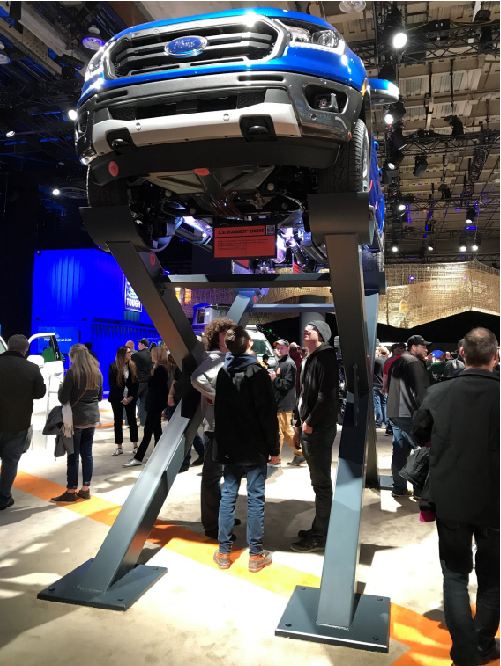
Design goes well beyond looks; how the vehicle drives and is constructed is an essential part of what drivers evaluate.
ALTERNATIVE TRANSPORT
Urban transportation is an important area needing more variety in solutions for people to get around.
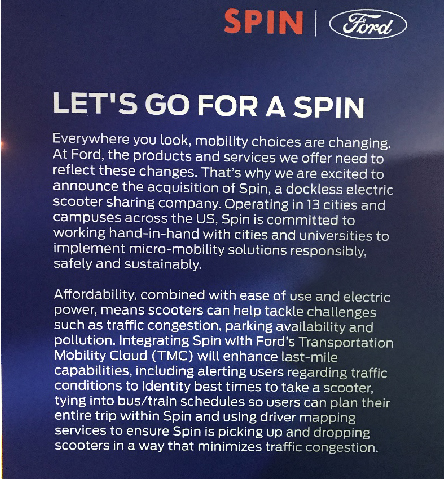
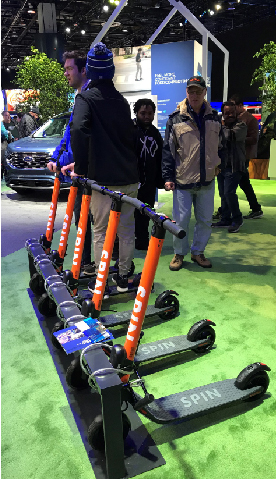
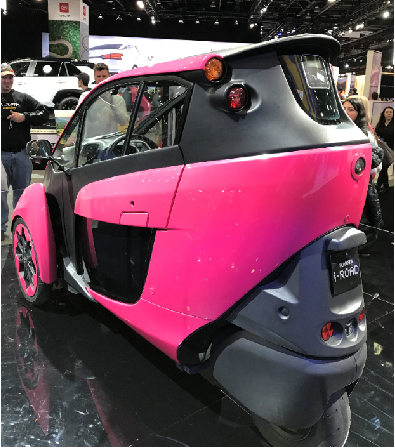
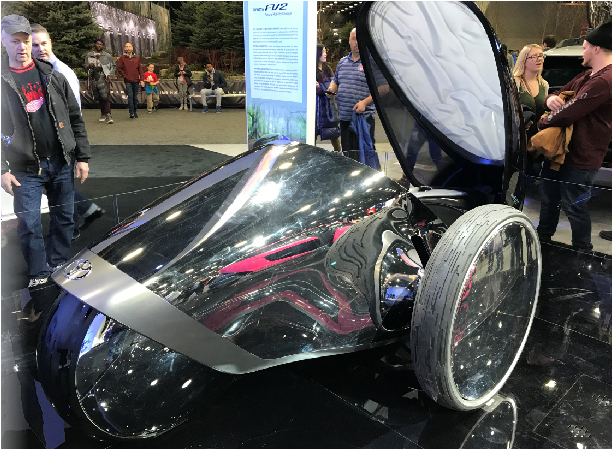
https://www.infinitiusa.com/infiniti-now/blog/prototype-10.html
CONCEPT: Infiniti Prototype 10
Infiniti’s Prototype 10 pays homage to vintage race car design, but was created to inspire new pure electric and e-POWER vehicles, showing Infiniti’s mission to harness the full potential of ultra-low emission technology.
MUSTANG SHELBY GT 500
a closer look
Is this this last internal combustion engine version of the iconic Mustang?
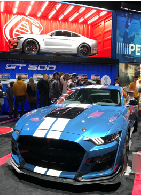
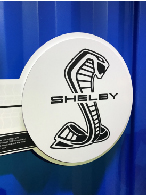
http://2020gt500.ford.com/Y2019/Details/2018/download-images/default.aspx
Satellites and mesh networks are being leveraged by auto makers and suppliers to bring a better connected experience to the road. Augmented reality, smart cities, sensor technology and more are also being integrated to improve upon safety and to elevate the driving experience. Is this positioning the future autonomous driving experience as a hands-off ride in which passengers can use transportation time to work or relax?
CONNECTIVITY & CONTROL
future tech
TECH
sensors
As sensors become more standard, it’s interesting to see where designers are placing them on the exterior
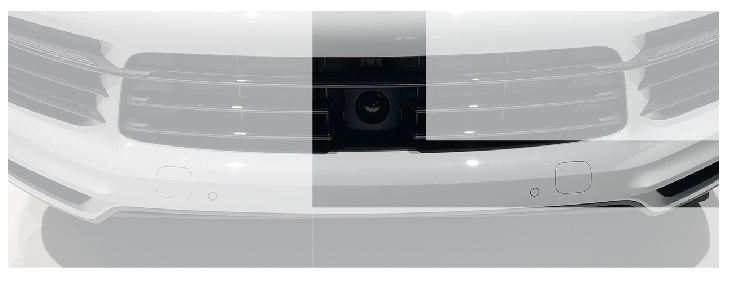
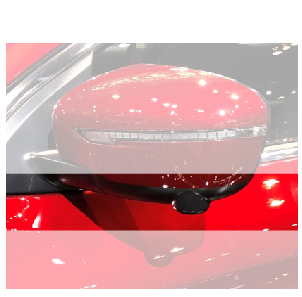
connectivity
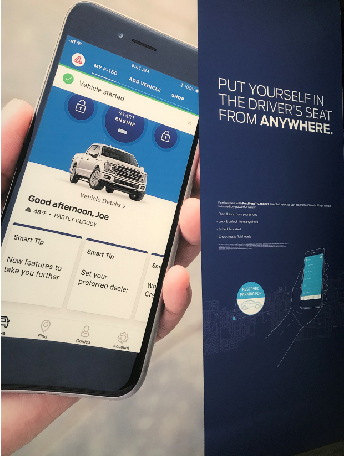
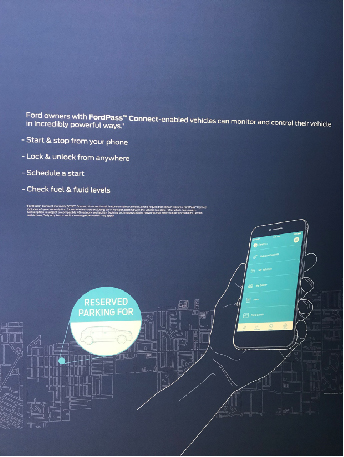
Auto makers are placing more emphasis on connecting vehicles with smartphones. As with other transportation industries leveraging connectivity, like aerospace, security is a top-of-mind issue, however.
As we saw in abundance at the 2019 CES Show, technologies that make interaction with technology easier and often hands-free are important in this industry.
If you missed our report following CES, click here.
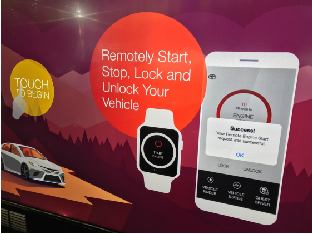
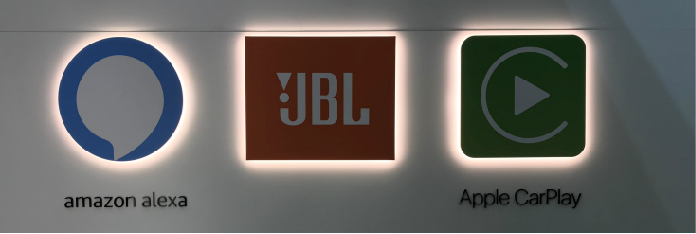
VR/AR
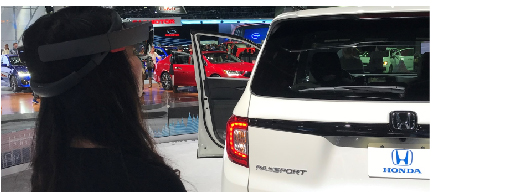
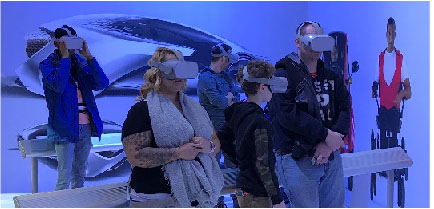
AR seems to have found a place in the sales process, making it easier to visualize options and not relying on the buyer to imagine what their choices would actually look like.
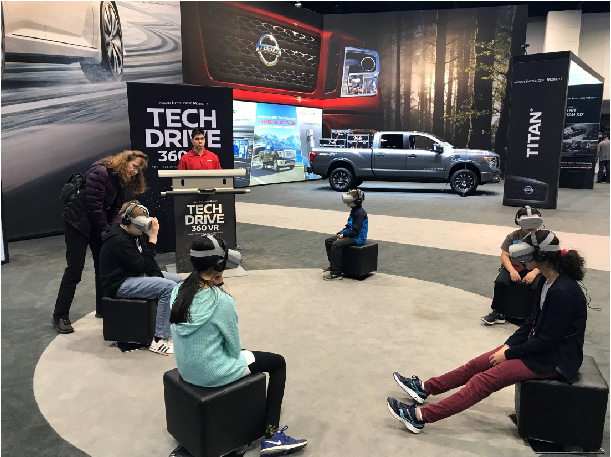
However, VR’s cool factor was officially over in some spaces this year. It’s hard to imagine anyone preferring this experience over reality.
https://www.toyota.com/concept-i/
CONCEPT: Toyota Concept i
Toyota’s Concept i was created with an eye toward making the user and the vehicle ‘teammates’; leveraging advanced automated driving tech and AI to create an enjoyable ride. Biometric sensors monitor the driver and then analyze the data with AI, automatically taking over control of the wheel if necessary. The Concept i claims to better protect the passenger by knowing that passenger.
DISPLAYS
notable
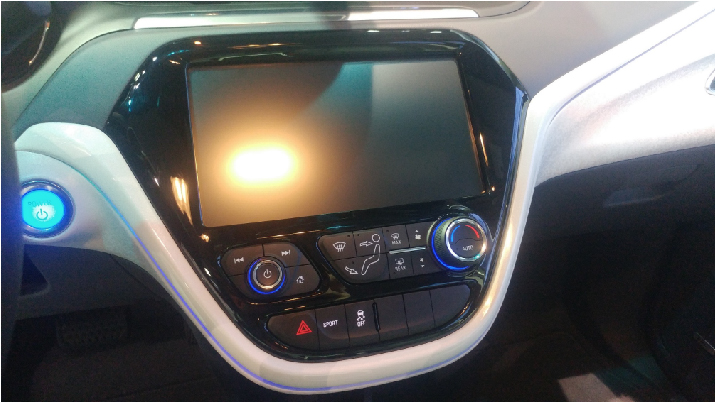
Chevy Bolt had the best integration of a large display at the show – clean and set at the proper angle to touch or view when driving.
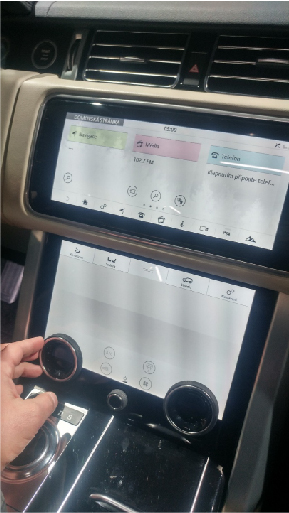
A knob or button is not typically this integrated into the display. These overlap the usable area of the screen.
The portrait orientation was fresh.
Small LCD in the Corvette air vent shows the temperature for the passenger area.
Tiny displays in each of these knobs show the temperature.
Some of these button treatments that cut into other buttons were nice in that the treatment suggests their prominence.
The Hyundai Kona EV electric has a huge display and an interesting design that integrates physical buttons onto the display panel.
Finding the proper balance between physical and digital feature control is a challenge for auto makers. Many are currently overwhelming and busy.
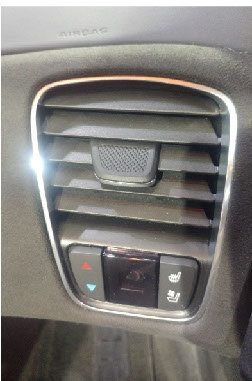
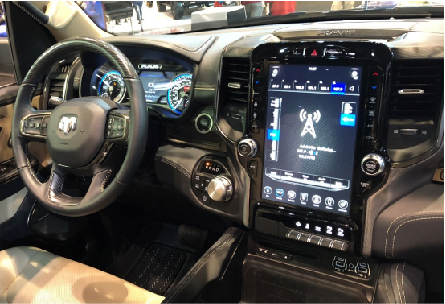
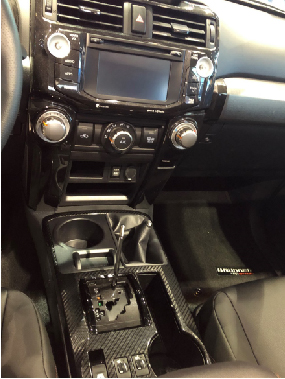
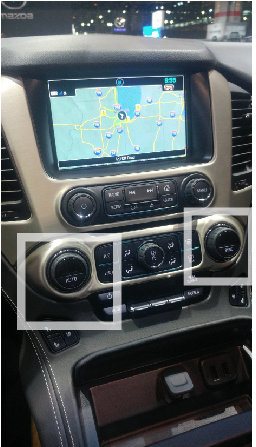
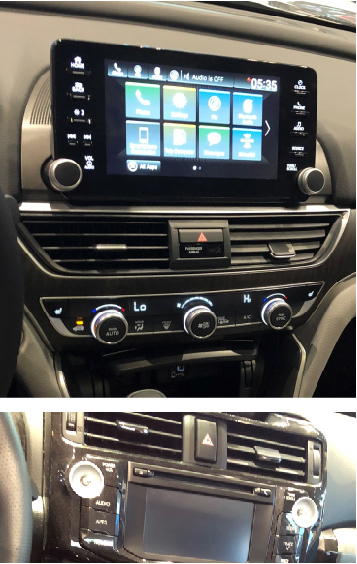
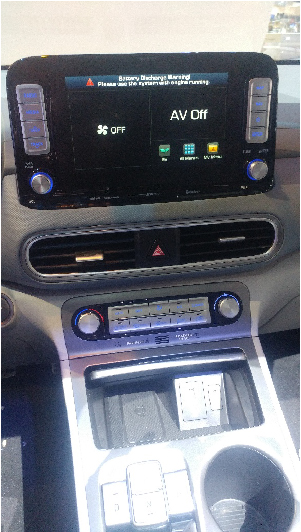
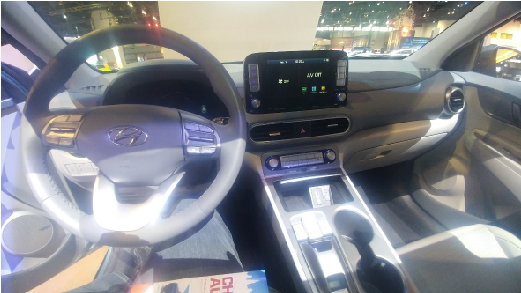
screen integration
Many screens seem to be add-ons instead of blending into the dash.
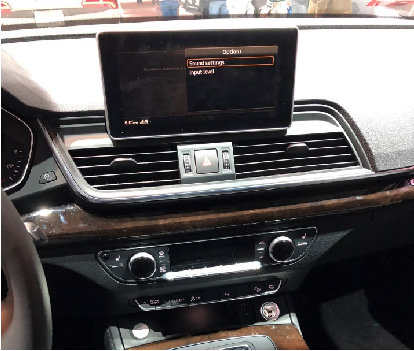
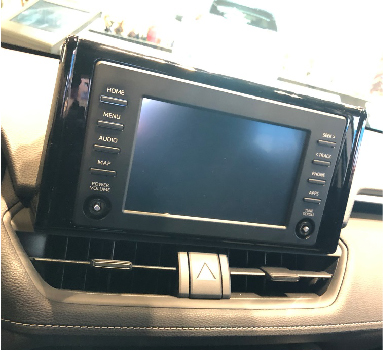
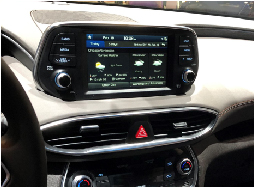
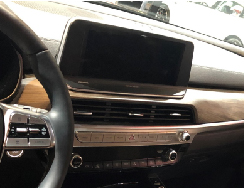
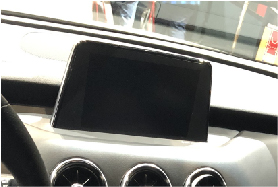
Plenty of automakers have figured out how to make the screens look more intentional within the cabin.
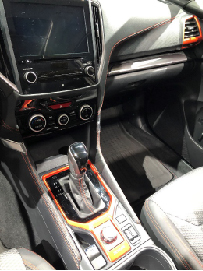
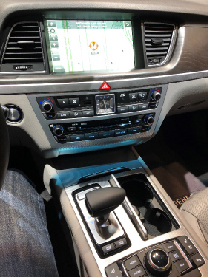
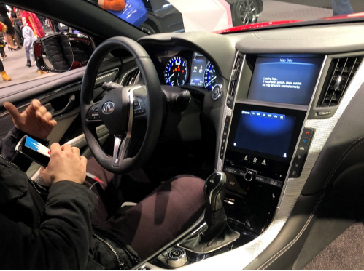
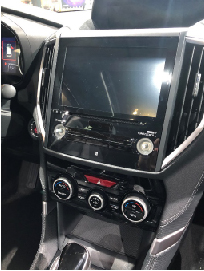
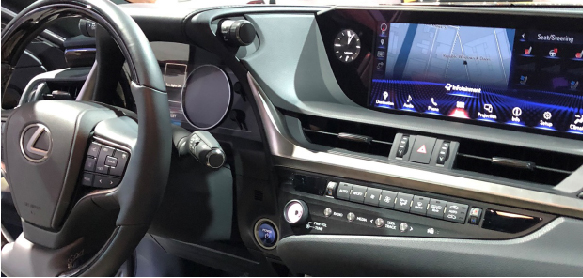
too many screens?
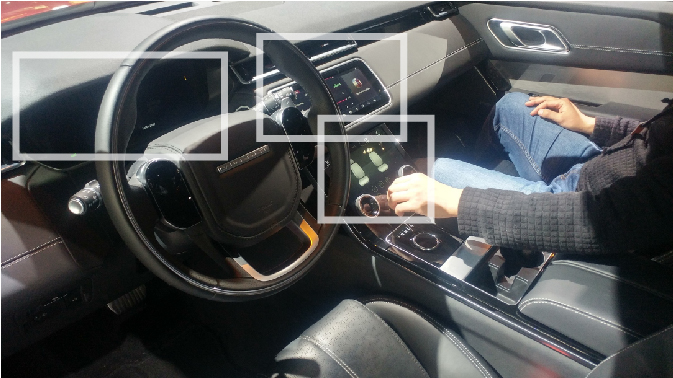
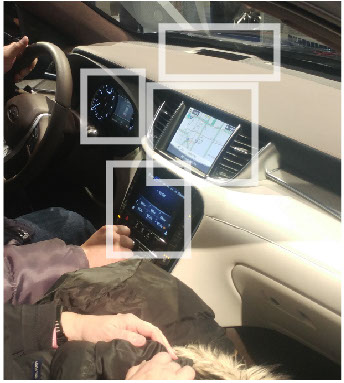
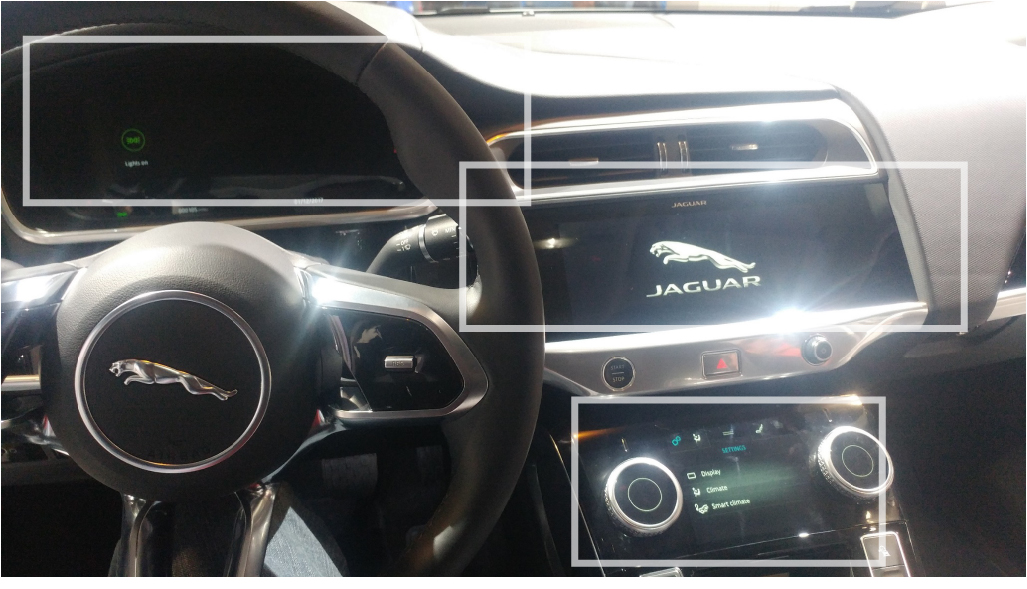
ASYMMETRICAL CONSOLE
Overtly asymmetrical interiors with an obvious preference for the driver somehow made the drivers seat feel more like an experience than standard front facing dashboards. Most of these were seen in higher-end vehicles but some electrics were also starting to echo this trend.
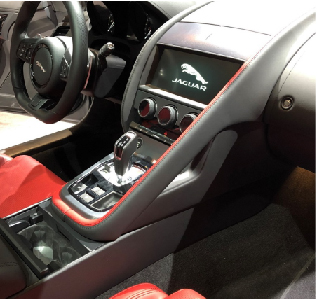
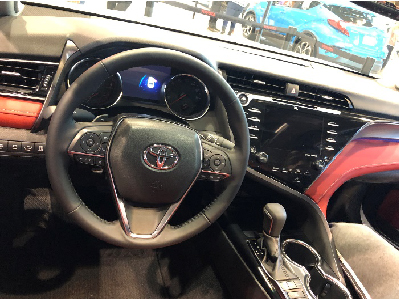
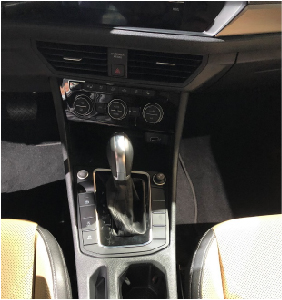
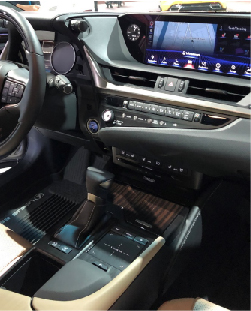
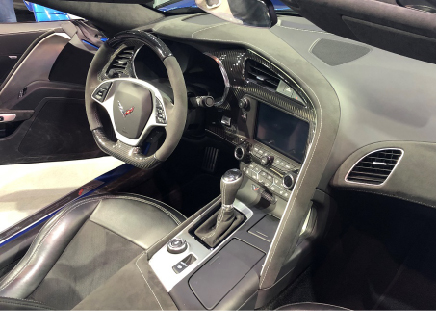
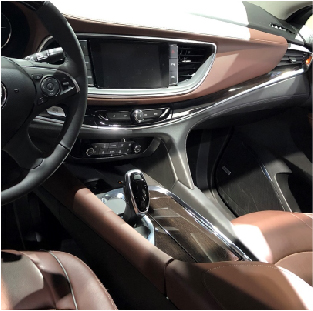
NO SHOWS
what does it mean?
One of the biggest statements made at this year’s shows was the absence of major manufacturers like Range Rover, Jaguar, Mercedes Benz, BMW, and Audi. This juxtaposition of absence at the auto shows but an ever-growing presence of automakers at the Consumer Electronics Show (CES) begs the question, are the future-forward concepts all about connectivity? Are the user experiences in the next generation automobiles moving more toward autonomy, IoT and sensor-based technology - so much so that they better fit at a consumer electronics show rather than an auto show?
If you missed our report (packed full of forward-looking transportation solutions), take a look.
INNOVATIONS FROM CES 2019
OPTIONS
The Ford Ranger had a huge presence at the Detroit Auto Show, where they made a point of reminding visitors of the auto’s brand heritage as well marketing its varied lifestyle-centric offerings. The sheer number of options for a new vehicle was quite impressive.

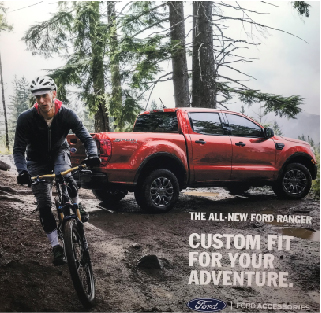
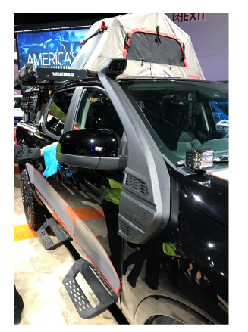
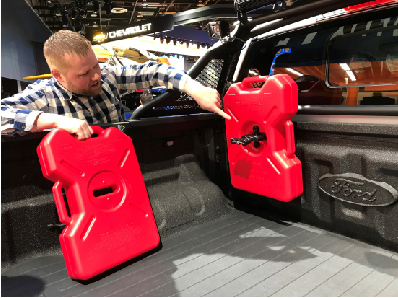
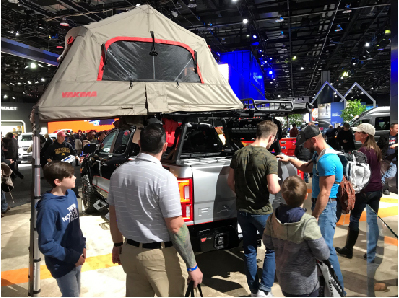
THE ENTERTAINMENT IS DRIVING
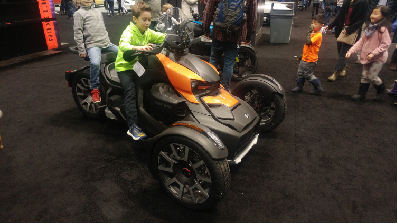
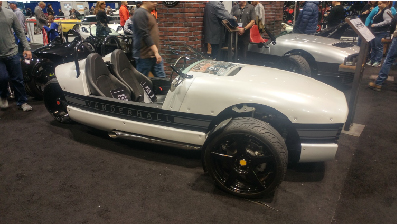
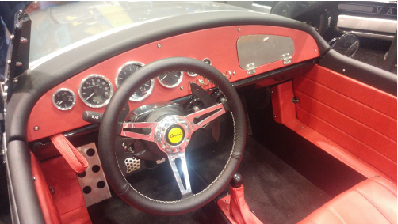
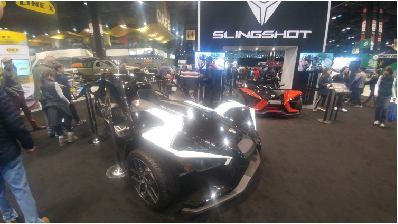
In this age of connectivity, sometimes the focus is on enjoying the drive and connecting to the automobile, not your phone.
CONTROLS
capacitive & display
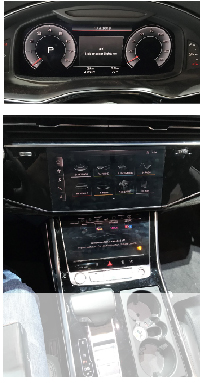
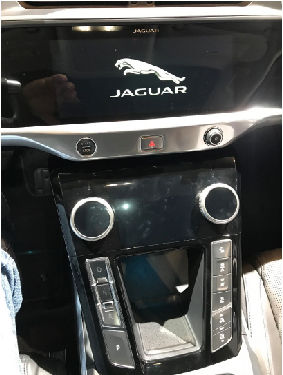
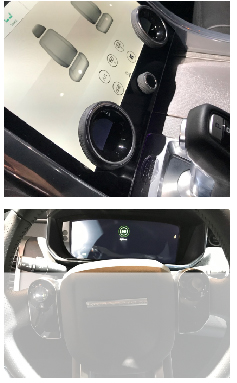
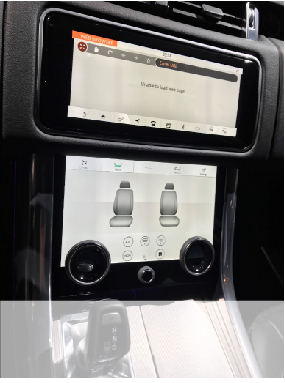
keypad navigation
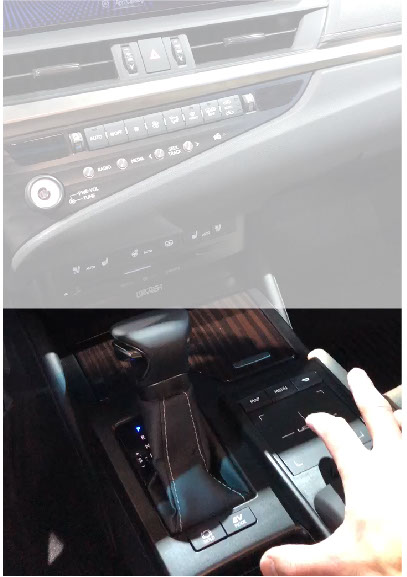
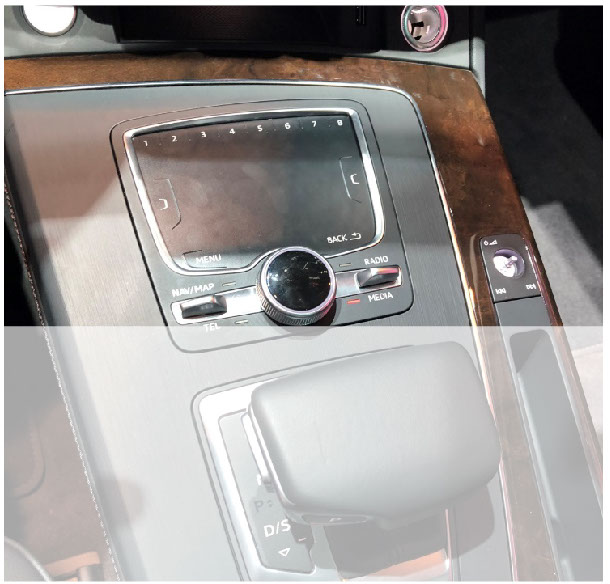
gear shifts
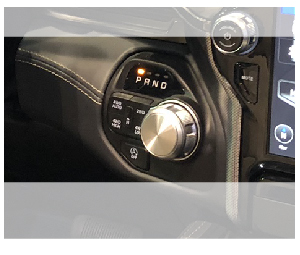
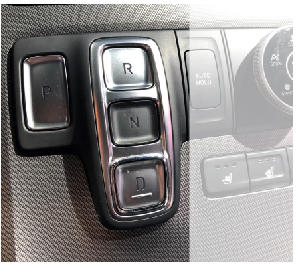
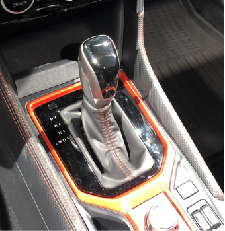
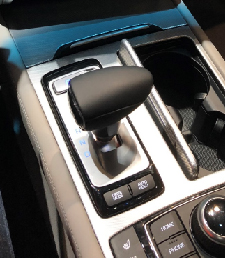
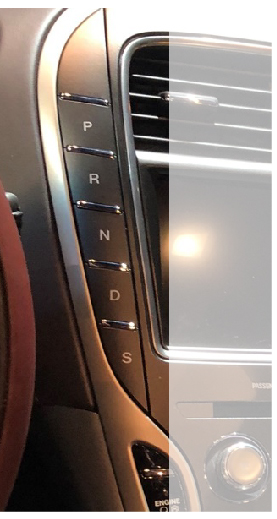
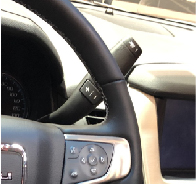
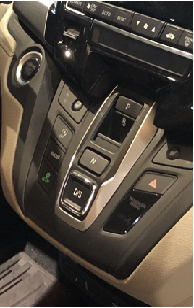
door button clusters
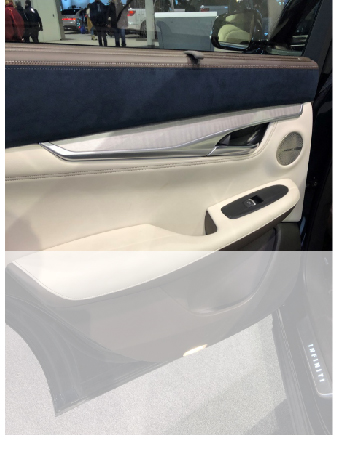
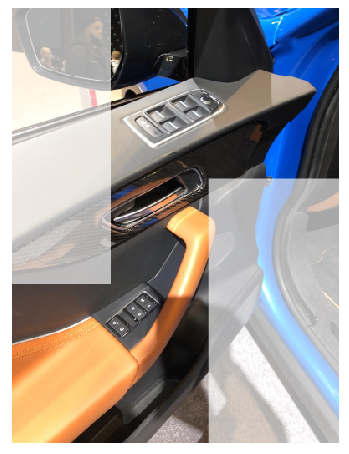
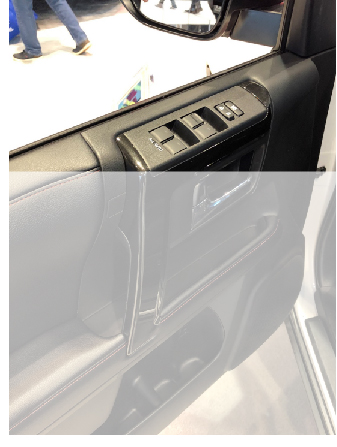
RETHINKING THE TAILGATE
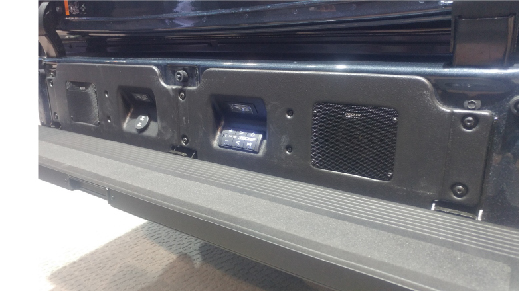
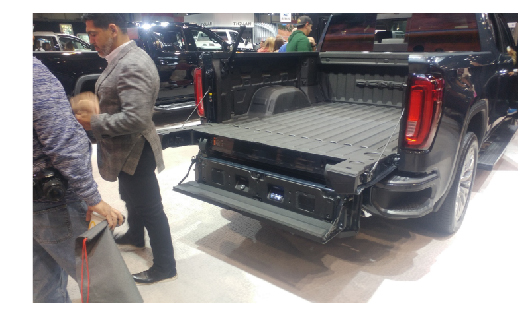
GMC’s MultiPro tailgate is capable of 6 different positions, thanks to its 3 nested panels
TOYOTA SUPRA
a closer look
https://www.toyota.com/upcoming-vehicles/gr-supra/
The 1998 version of the Toyota Supra was the last... until now. The 2020 Supra was announced at the Detroit Auto Show with a sporty, sexy design and jewel-like LED headlights. Its wide grille is designed to help optimize the vehicle’s performance, channeling cool air directly to the turbocharged engine.
INDUCTIVE CHARGING
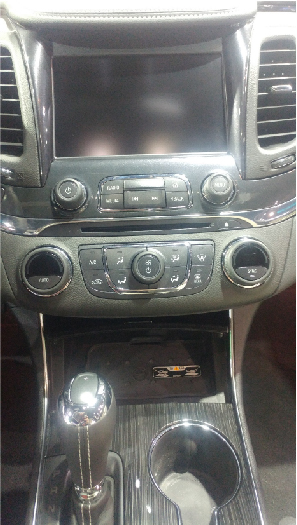
Inductive charging was more present this year than last year, but still not everywhere. It will be interesting to see when multiple inductive charging areas are designed into vehicles to accommodate the many electronic devices on board.
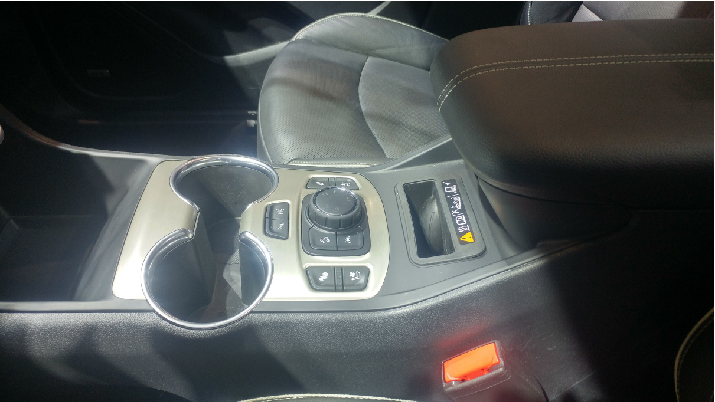
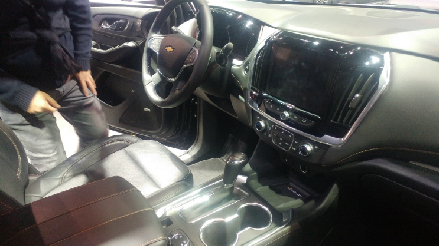
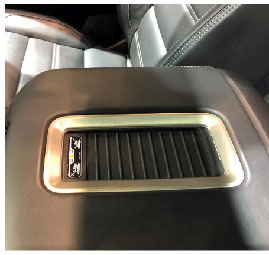
https://www.cadillac.com/future-concept-vehicles/electric-vehicle
CONCEPT: Cadillac EV
Cadillac's vision of the EV future is encapsulated in their new concept crossover. The fully electric vehicle has autonomous technology built in and is built on an all-new skateboard electric platform. The company is saying it expects to make it available in a few years.
SPRINTER VAN
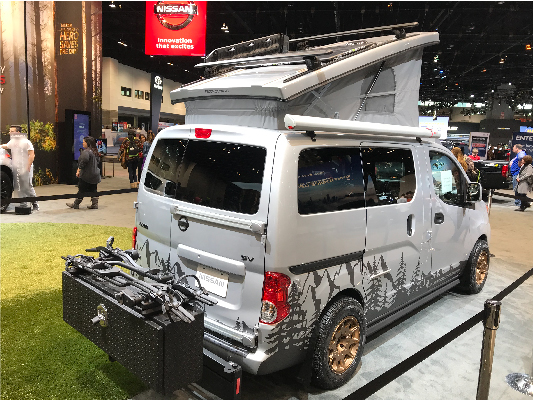
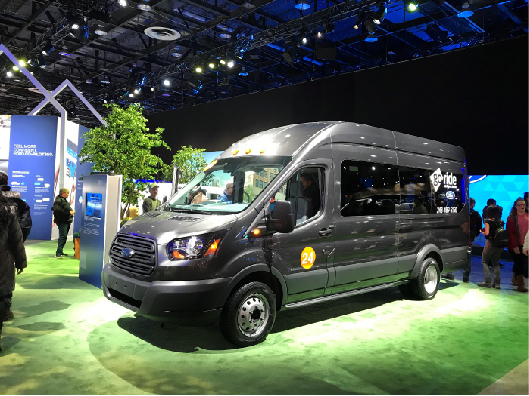
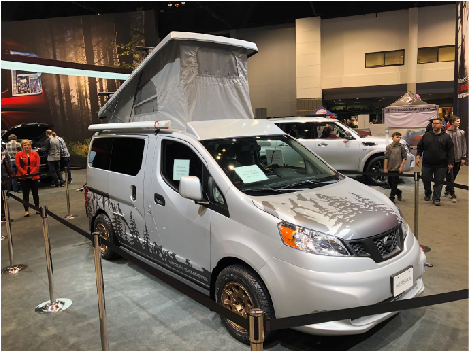
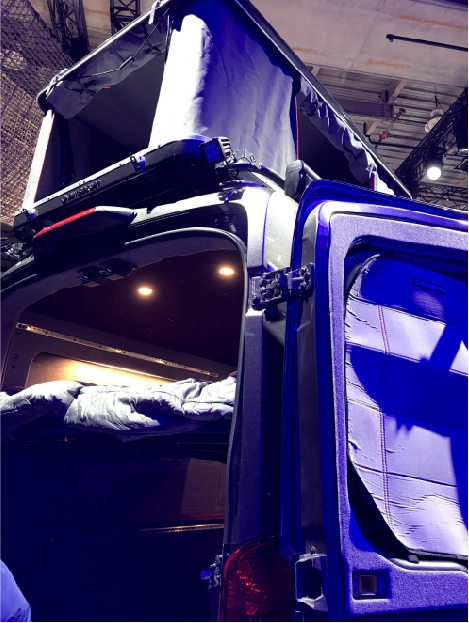
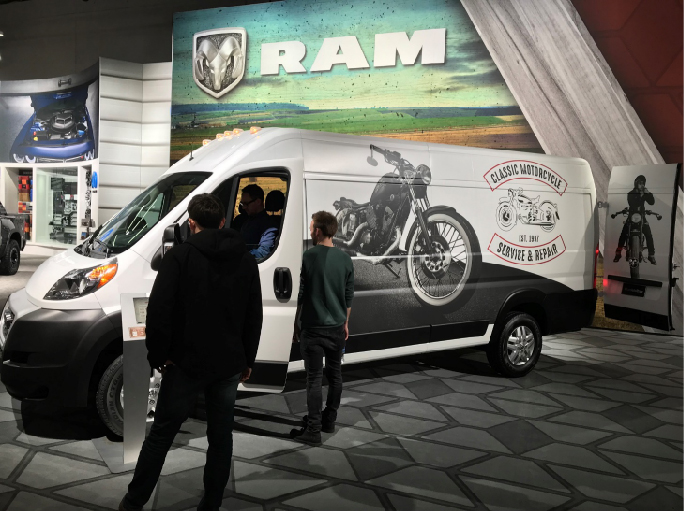
The working van had a robust presence. As the gig economy grows and consumer expectations continue to evolve into tailored, on-demand experiences, vans are in demand as mobile offices and work stations.
LIGHTING
headlights
LED technology has led to a trend toward thin headlights.
Photo: https://www.hyundaiusa.com/nexo/index.aspx
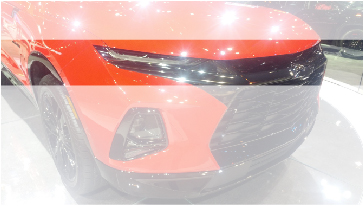
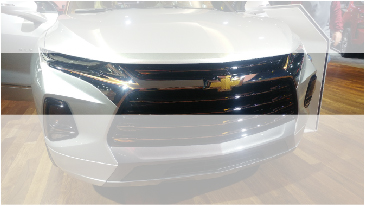
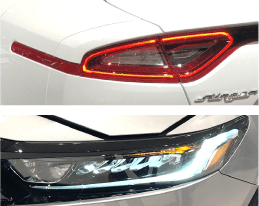
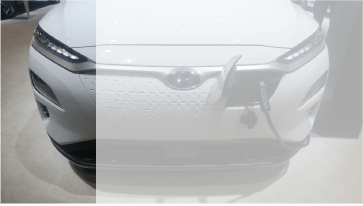
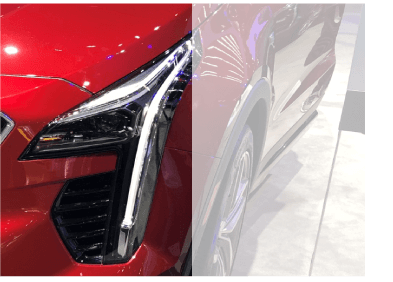
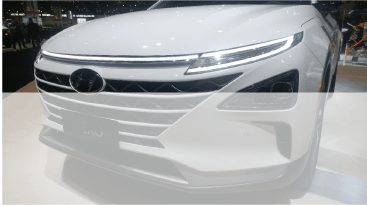
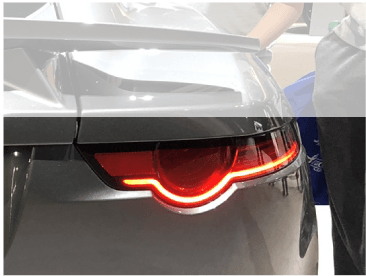
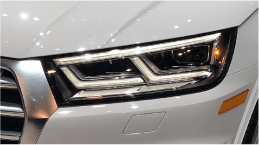
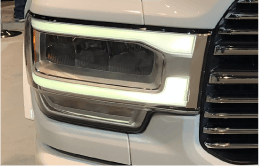
LED branding
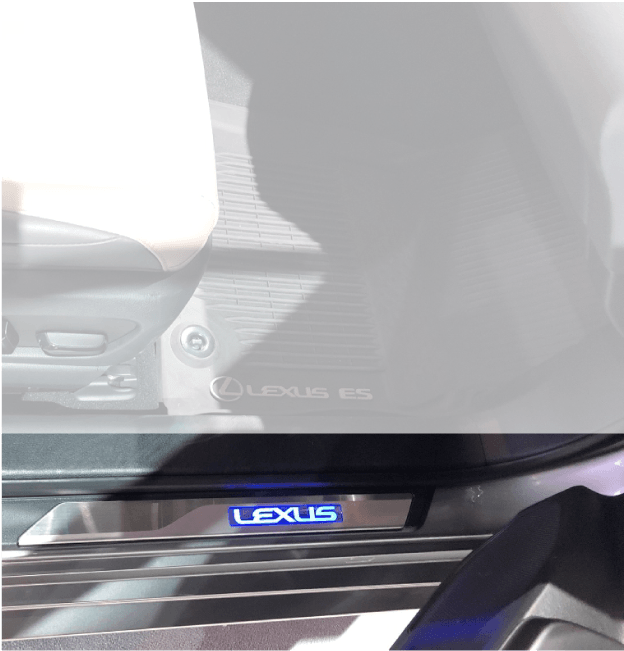
Floorboard LED branding is starting to become fairly common.
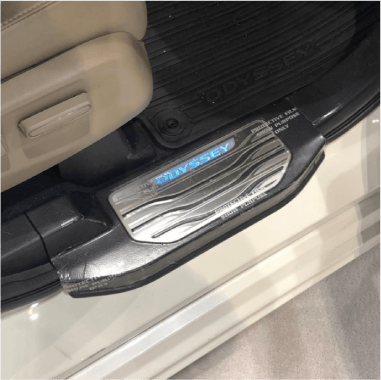
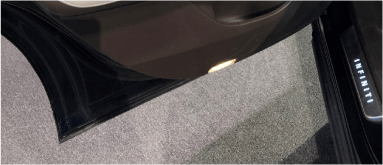
LED details
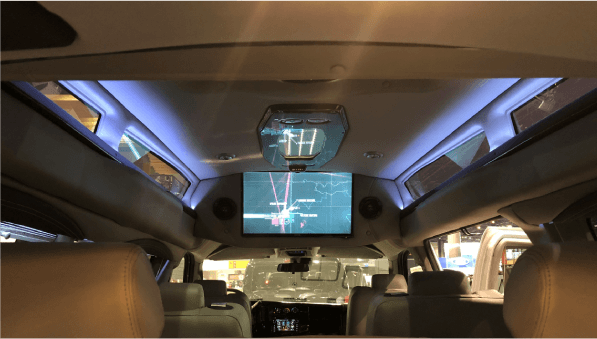
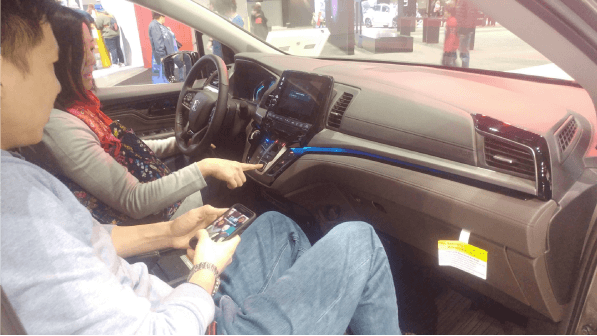
LEDs are being leveraged in new ways in the automotive cabin.
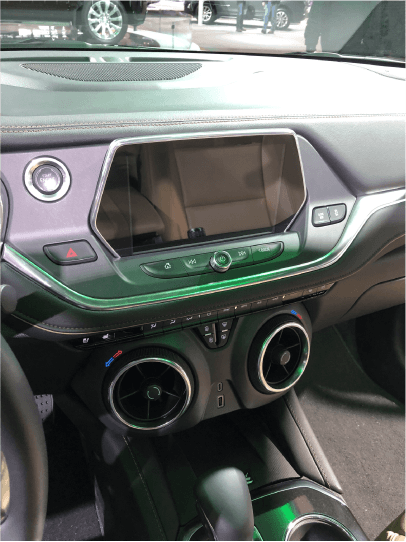
CHEVY BLAZER
a closer look
Chevy’s new Blazer has a more European design feel than in years past, with clean surfacing and styling lines.
photo: https://www.chevrolet.com/suvs/blazer-sporty-suv
DETAILS
wood & leather
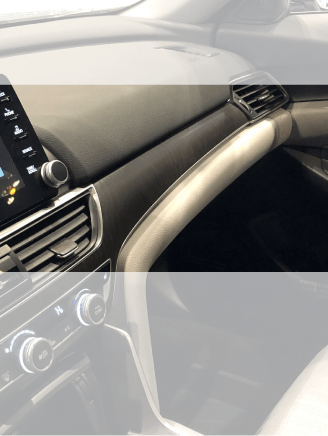
Kia’s Telluride SUV was decked out in leather and wood exterior details for the show.
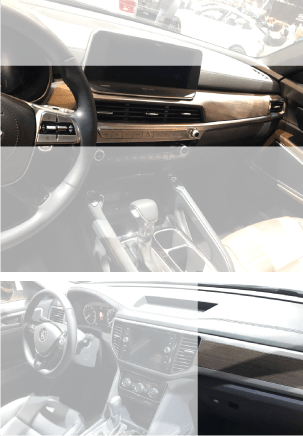
Zebra wood is a unique take on the more traditional wood accent.
Deeper wood grains and matte accents set a sophisticated vibe.
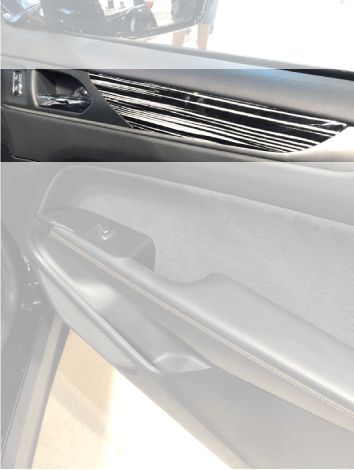
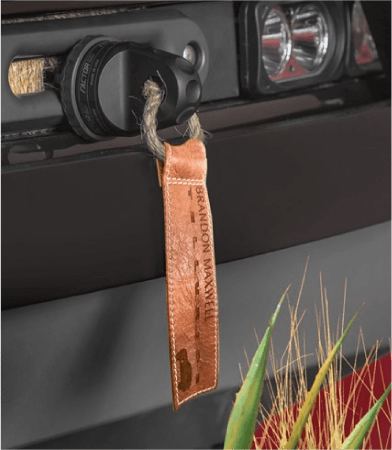
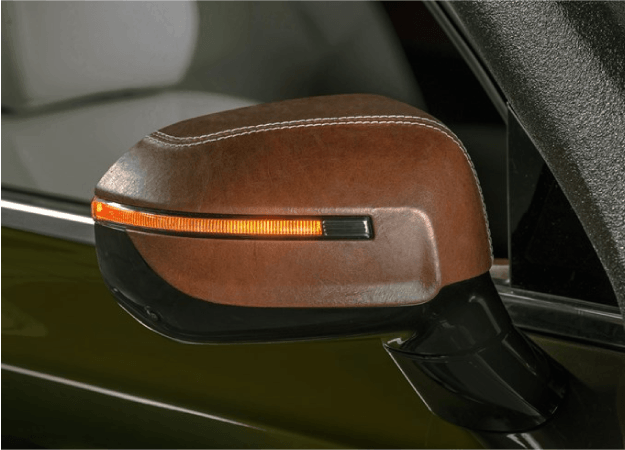
plastic
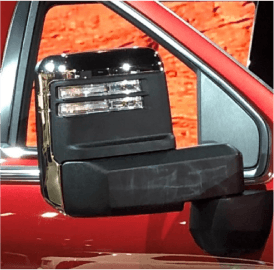
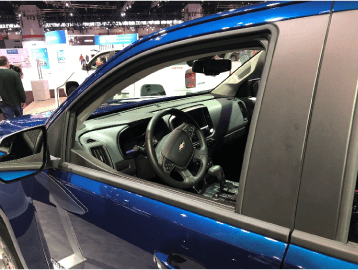
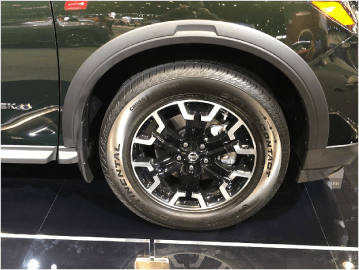
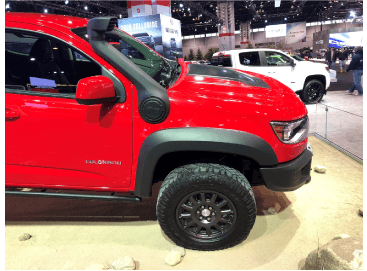
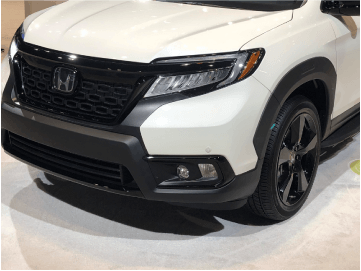
Large chunks of exterior black plastic stood out this year. While some usage is done tastefully, others could use a material break to avoid a cheap vibe.
glossy frames
A gloss bezel surrounded a lot of vehicles' controls. A questionable choice given the amount finger pressing and controls within it.
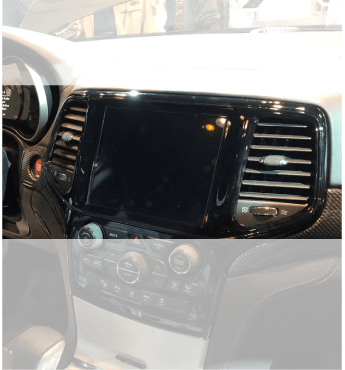
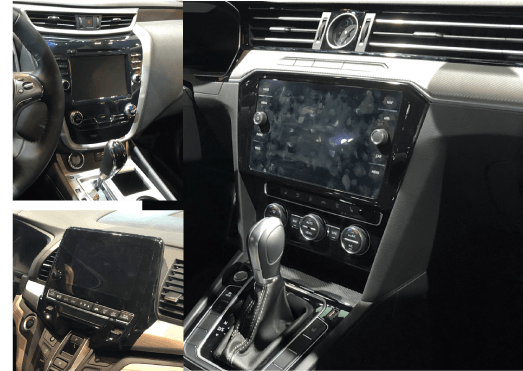
upholstery details
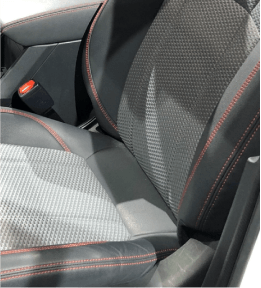
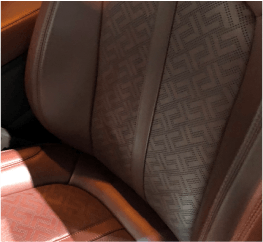
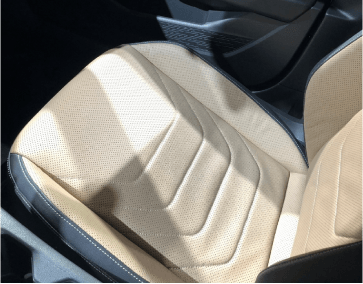
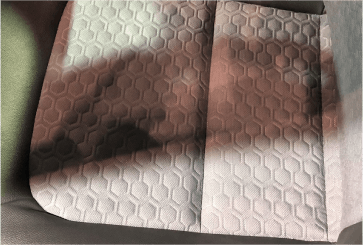
Geometric patterning could be found in vehicles from economy to luxury. Some were distracting while others added a nice visual texture.
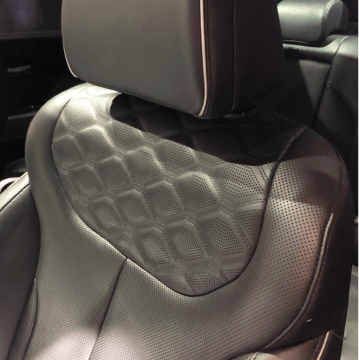
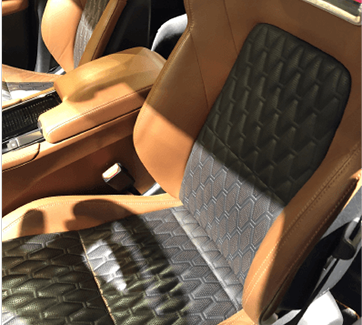
air vents
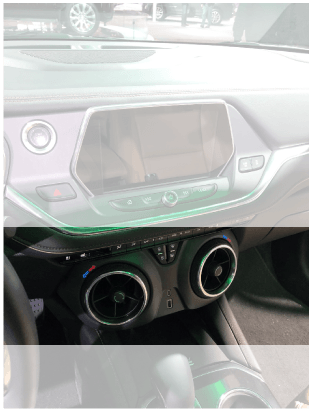
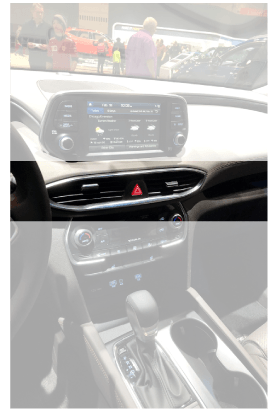
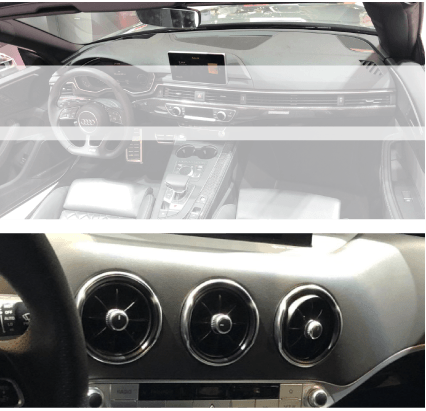
color
So many shades of gray to head turning bright colors.
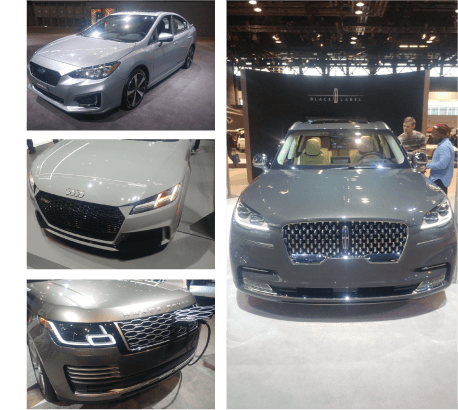
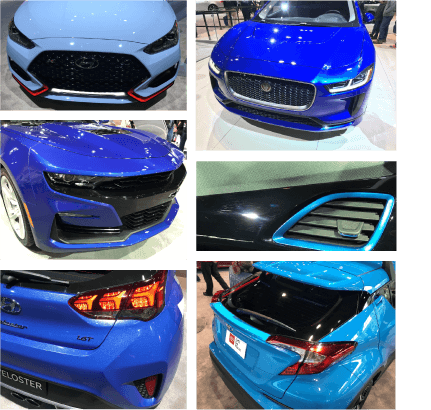
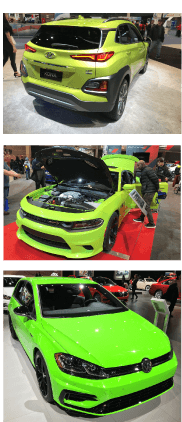
GRILLES
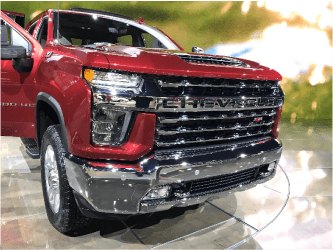
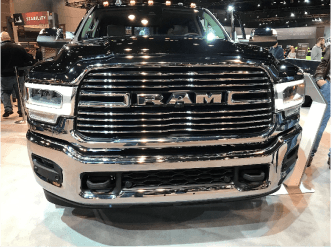
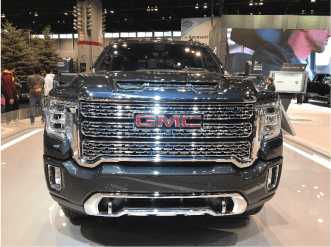
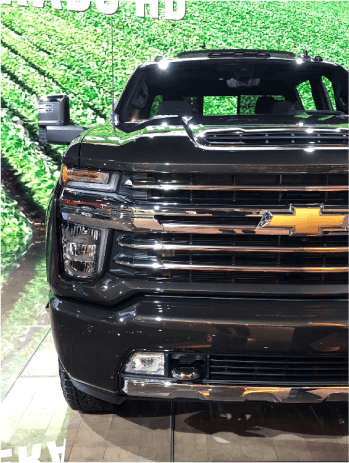
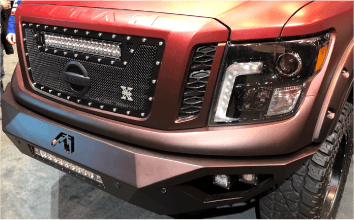
There were a notable number of large, masculine grille designs.
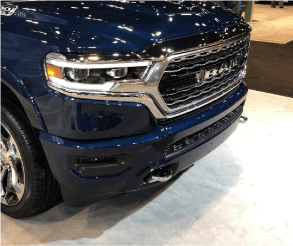
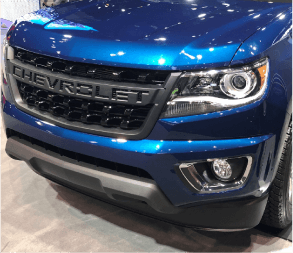
CONTACT US
Contributors: Gil Cavada, George Guffey, Erik Moses, Nicole Byer, Jake Vail, John Hannon, Brian Perille
QUESTIONS?
COMMENTS?
